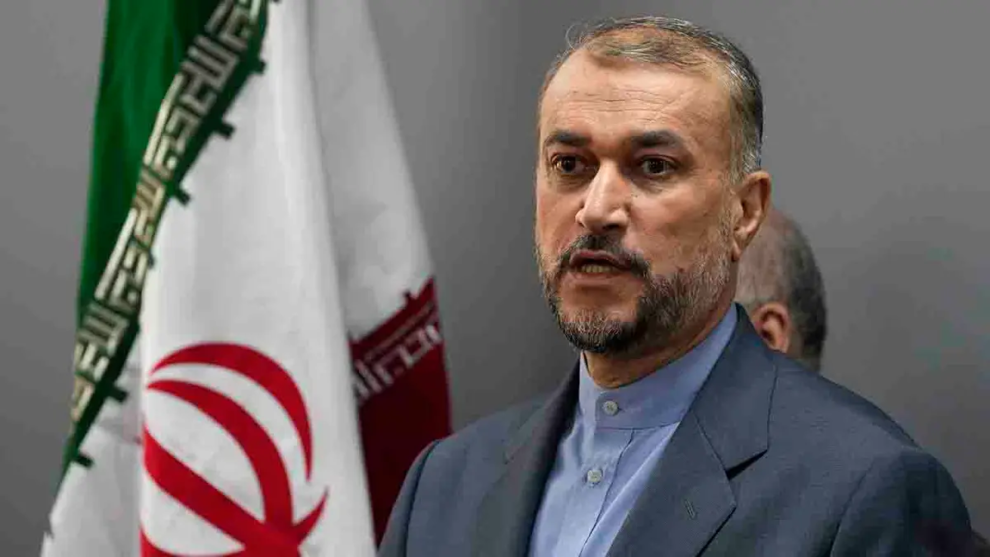Iran’s foreign minister has warned that the war in Gaza could lead to a “big explosion” of conflicts in the Middle East, with Lebanon and Yemen already “involved” and more countries poised to join.
“At least every week, we receive a message from the U.S. telling us that U.S. bases in Syria and Iraq are targeted by some groups,” Iranian Foreign Minister Hossein Amirabdollahian told the Doha Forum on Monday.
“At any moment, there is a possibility of a big explosion in the region, one not controllable by any party,” he explained via translator.
The ominous warning follows the U.S. veto of a United Nations Security Council resolution that sought an immediate cease-fire. U.S. Deputy Permanent Representative Robert A. Wood called the demand for an unconditional cease-fire “dangerous” and “a recipe for disaster for Israel, for Palestinians and for the entire region.” The U.K. abstained from voting.
U.N. Secretary-General António Guterres had issued a letter to the Security Council in a rare use of Article 99 of the organization’s charter over concerns of “a collapse of the humanitarian system” in Gaza as Israel continues “intense” fighting in the territory.
Amirabdollahian instead accused the U.S. of perpetuating the conflict with its support of Israel and “the Zionist regime.” He called attacks on U.S. troops by Iran’s proxies, the Houthis and Hezbollah, tantamount to “defending the Arab and Muslim people of Gaza.”
“That’s why they are targeting U.S. bases in Syria and Iraq,” the foreign minister argued, according to the Jerusalem Post.
The militant groups have launched a total of 90 attacks against U.S. bases and troops in the Middle East since Oct. 17 and several attacks against commercial vessels in the Red Sea, including the hijacking of a cargo ship this month.
An umbrella group of Iraqi militants dubbed the Islamic Resistance in Iraq claimed responsibility for the most recent attacks, which hit the Al-Asad Air Base in Iraq and the Al-Shaddadi Patrol Base in Syria.
Some 2,000 U.S. troops remain in Iraq under an agreement with Baghdad as a means of countering the Islamic State group, which continues to operate in the country.
Unlike Lebanon’s Hezbollah group, seen as Iran’s most powerful proxy in the region, Iraq’s militias have so far only played a limited role in the conflict.
Several of the president’s Republican critics in Congress have urged the Biden administration to consider reclassifying the Houthis as a foreign terrorist organization. The Trump administration applied the designation to the group as one of its final acts, but Biden reversed that decision as one of its first acts upon taking office.
Secretary of State Antony Blinken at the time argued that the administration removed the designation over concerns that it might have “a devastating impact on Yemenis’ access to basic commodities like food and fuel.”
Source : Foxnews





